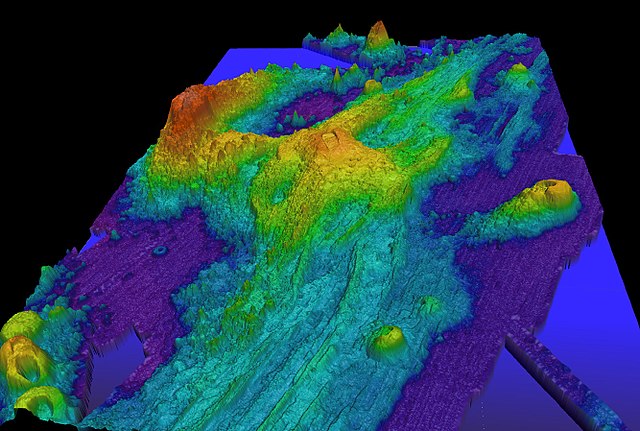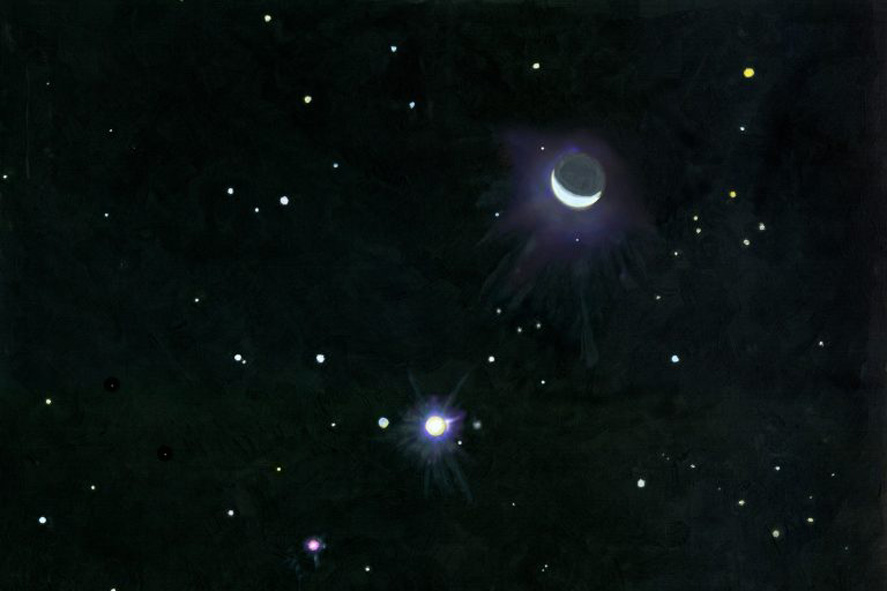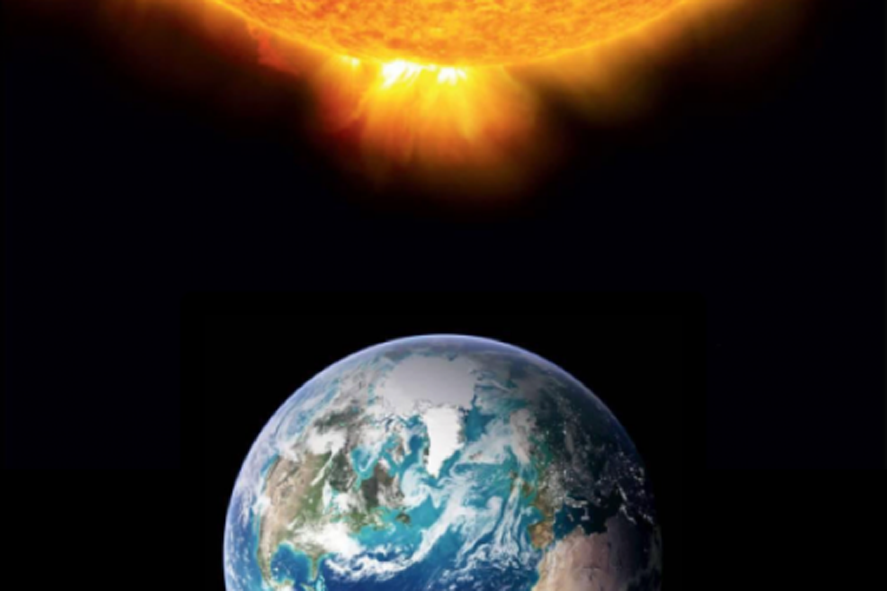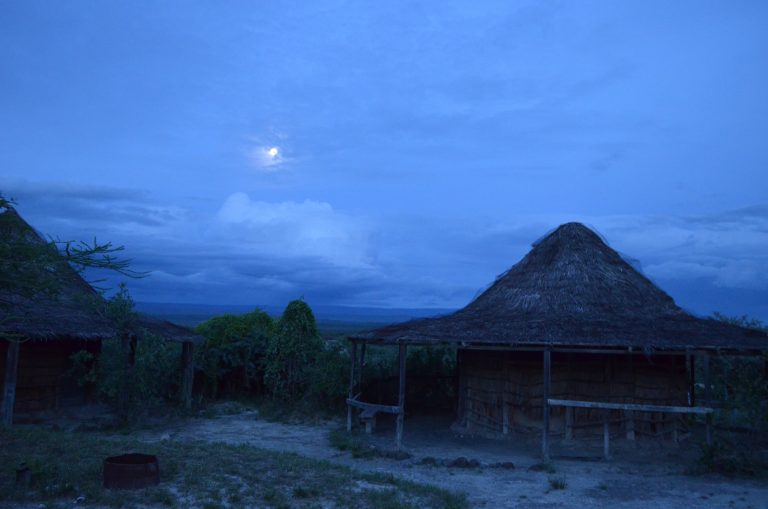
Solved: How Tides Can Trigger Earthquakes
A new study led by Columbia seismologist Christopher Scholz reveals the inner workings of tidally triggered earthquakes, and finds that even the slightest stress can set off a tremor.

A new study led by Columbia seismologist Christopher Scholz reveals the inner workings of tidally triggered earthquakes, and finds that even the slightest stress can set off a tremor.

Columbia scientists and their colleagues are developing a geologic record of how other planets have influenced the orbit of Earth, and thus its climate, over the last 200 million-plus years.

On a small volcanic island in the Indian Ocean lies a geologic enigma—a mass of pure white quartzite sandstone apparently formed on a faraway continent long ago. How did it get there?

The North Atlantic Oscillation is considered a key driver of winter weather patterns over the Northern Hemisphere. In recent years, research has claimed a correlation between the NAO and the 11-year solar cycle. A new paper debunks that claim.

A new study that reconstructs the deep history of our planet’s relationship to the moon and other planetary bodies shows that 1.4 billion years ago, a day on Earth lasted about 18.7 hours.